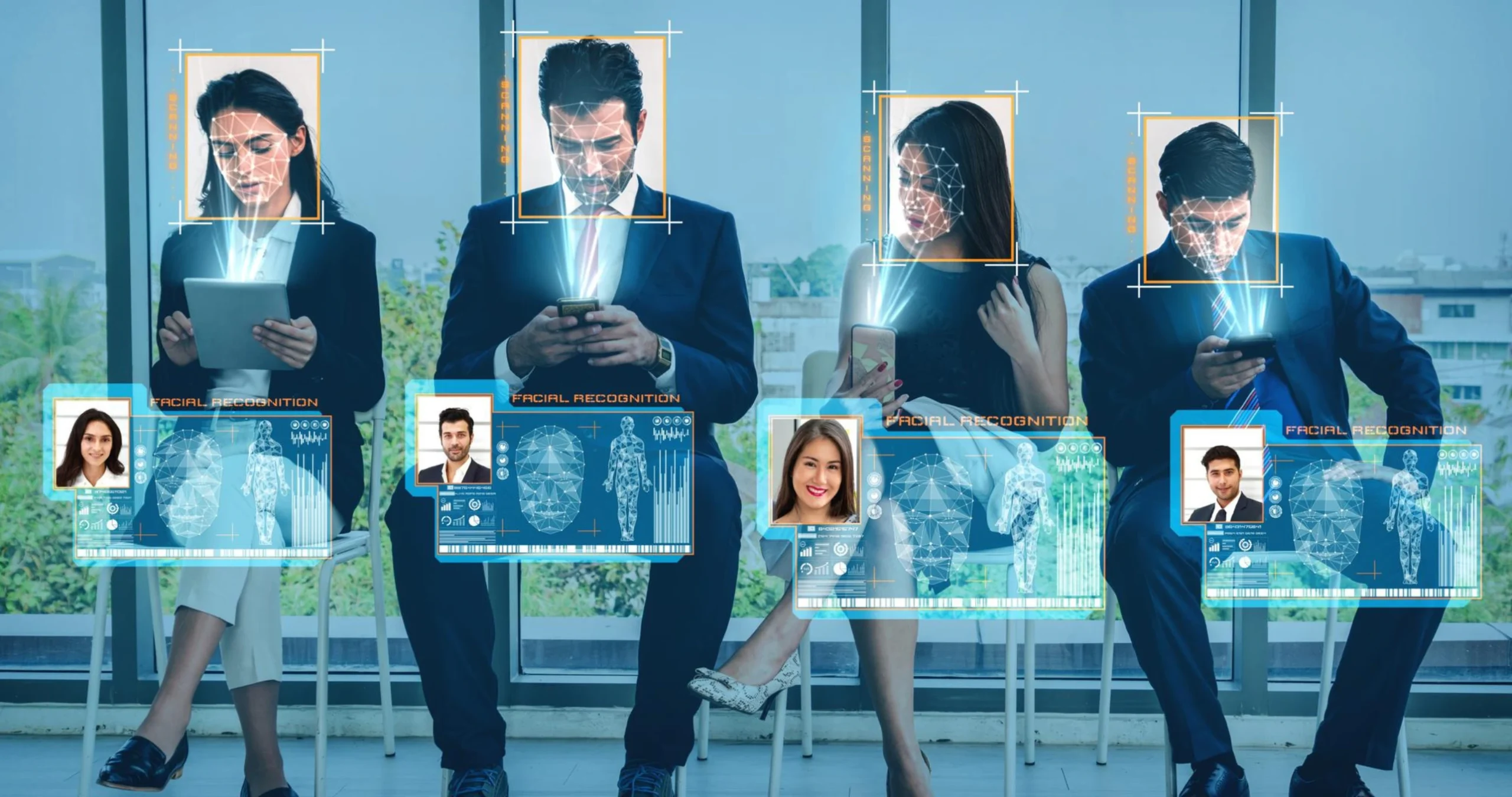Tech
What Recruiters Should Know Before Using AI in Hiring

Introduction: Navigating the Impact of AI on Hiring
As technology continues to reshape industries, recruitment is no exception. The rise of Artificial Intelligence (AI) is revolutionizing recruitment, offering tools and techniques to streamline the interviewing process and optimize candidate selection. Yet, understanding how to integrate AI into their hiring strategy can be daunting for many recruiters. AI promises efficiency and precision but requires careful implementation to ensure it complements human judgment rather than replaces it.
The transformative effect of AI on recruitment is impossible to ignore. As the industry adopts this technology, recruiters must fully understand AI’s capabilities and limitations to leverage its potential fully. This guide aims to demystify AI in hiring and offer actionable insights on how recruiters can use this technology responsibly.
Exploring AI’s Potential in Recruitment
AI offers numerous benefits in recruitment, from automating routine tasks to generating candidate insights through data analysis. AI algorithms can quickly sift through vast resumes, assess qualifications, and rank candidates based on predefined metrics. This automation frees up time for recruiters to engage in more strategic activities, focusing on fostering relationships with top-tier candidates.
Additionally, as reported by recent AI recruitment statistics, companies leveraging AI technology see a marked decrease in the time-to-fill for open positions and an improvement in overall hiring effectiveness. These advancements can transform how recruiters approach hiring, shifting from a reactive to a more proactive process.
Balancing AI with Human Insight
While AI brings significant efficiencies, it cannot replace the crucial human elements of empathy and intuition in recruitment. Balancing technology with human insight is essential for successful hiring practices. Recruiters can use AI to manage initial screenings, leaving space for personal interactions that evaluate cultural fit and candidate motivation, which require human judgment and understanding.
Striking this balance ensures that the recruitment process remains holistic and inclusive, allowing for a deeper understanding of candidates beyond what algorithms can deduce. It’s about equipping recruiters with AI tools while empowering them to make final judgments considering the candidate’s unique personality and fit within the company culture.
Data and Research Supporting AI in Recruitment
A wealth of data supports AI’s effectiveness in recruitment. Studies have consistently shown that AI can enhance hiring outcomes by improving the accuracy and speed of candidate selection. According to industry insights shared by Forbes, organizations that have integrated AI into their hiring processes have reported improved efficiency and enhanced quality in recruitment outputs.
However, the data also highlights the necessity of integrating AI with a robust understanding of its limitations. While AI can process large datasets and offer valuable insights, the technology requires rigorous testing and evaluation to avoid reinforcing biases and to ensure equitable recruitment practices.
Addressing Ethical Concerns with AI
Ethical considerations become increasingly important as AI becomes more embedded in hiring processes. Recruiters must be vigilant about the potential biases within AI algorithms and strive for transparency and accountability. Continuous algorithm assessments and audits are crucial to mitigate risks of discrimination and ensure fairness.
Establishing guidelines for AI use in hiring can help organizations maintain ethical standards. Recruitment teams must understand AI’s limitations and set boundaries to prevent any negative impact on the candidate experience. Clear communication with candidates about AI influencing hiring can foster trust and transparency.
Navigating Challenges and Risks of AI
Despite its many benefits, integrating AI into recruitment is not without challenges. Data security and privacy concerns are top priorities, as AI systems often handle sensitive candidate information. Furthermore, reliance on AI can create a perception of impersonal processes, risking applicant alienation.
To successfully navigate these challenges, recruiters must implement robust data protection policies, ensuring transparency in how data is used and stored. Additionally, emphasizing a balance between AI-driven efficiencies and human-driven experiences can mitigate potential downsides and strengthen trust in the recruitment process.
Future Outlook for AI in Hiring
AI’s role in recruitment is expected to grow, with continually advancing machine learning capabilities offering more nuanced insights into candidate potential and organizational fit. The development of more sophisticated AI systems promises to enhance predictive analytics in hiring, providing new dimensions of data for recruiters to consider.
However, the future of AI in recruiting will hinge on adhering to ethical standards and ensuring the responsible use of technology. As AI tools become more integrated into recruitment strategies, organizations must prioritize ongoing learning and adaptation to balance innovation and human-centric hiring practices.
